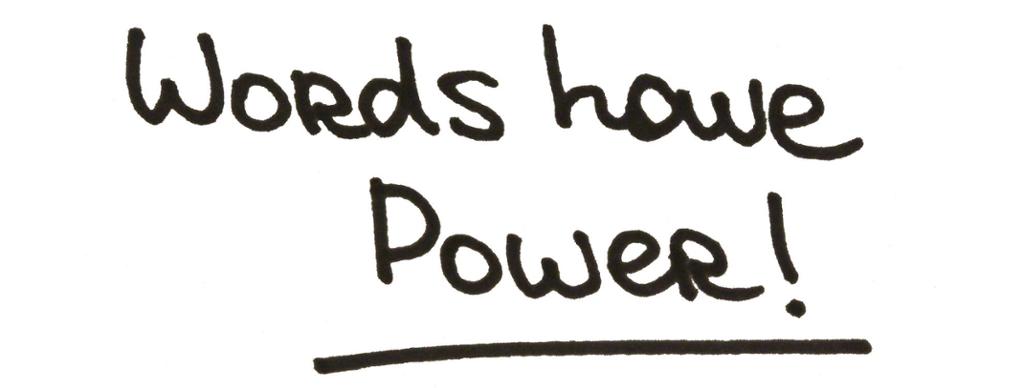Tasks: White Comedy by Benjamin Zephaniah

A quick reading of the poem shows that Benjamin Zephaniah has cleverly changed most of the words and expressions usually containing the word 'black' into 'white'. Why is he doing this? Is this done solely for the sake of humour or are there other reasons?
Is it possible for language and words to subconsciously influence people’s opinions and attitudes to other people and the world around us?
What is Zephaniah trying to tell us about connotations embedded in the English language?
Improve your vocabulary:
Rewrite the poem, exchanging the word 'white' with the original word 'black'.
What do these words and expressions mean? Use your dictionary and write down a definition for each of them. Are these positive or negative words?
We also often use words and expressions containing the colour white: white magic, white knight, white hope … Make a list of similar words and write a definition for each of them. Compare with the list of definitions you made in task 2: Are these positive or negative words?
Gendered expressions can also create and reinforce gender roles.
Let us have a show of hands: How many of you would consider applying for a job that asked for 'barman needed'? Or for 'waitresses wanted'? What do these job ads imply?
How do you react to words like 'spokesman' and 'fireman'? Or 'waitress' and 'actress'? Should words like these be made gender neutral? (e.g. 'spokesperson', 'firefighter', 'waiter' and 'actor').
What is your reaction to the following video? Do we use different language to describe each other? Give examples.
Related content
A poem by Benjamin Zephaniah which in a humours way points out the race connotations that we often have in our language.